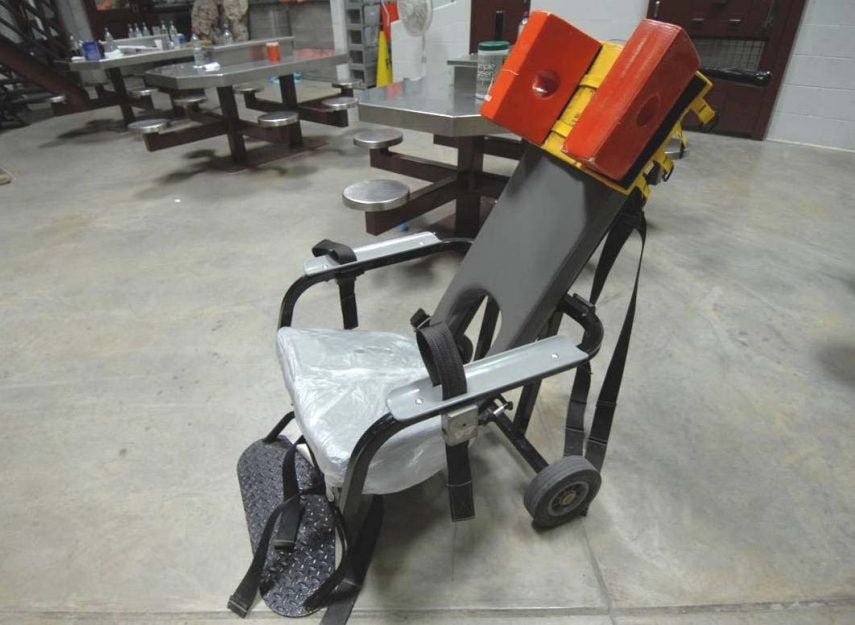by Ross MacDonald, Zachary Rosner, and Homer Venters
August 3, 2015. Since the United Nations Convention Against Torture was adopted in 1984, training physicians to care for survivors of torture has become a valuable addition to traditional medical education. Throughout the world, there are approximately 50 programs and clinics dedicated to caring for survivors of torture, with many more medical and mental health professionals caring for these patients in other settings. While the focus of this care may be on meeting the health needs of the individual patient, recording and reporting the outcomes of these patient encounters puts physicians in a critical role in addressing abuse.
In the New York City (NYC) jail system, health care falls under the purview of the Department of Health and Mental Hygiene’s Bureau of Correctional Health Services (CHS), while the NYC Department of Corrections is responsible for custody and security. The primary virtue of this arrangement is that the health service is run by an agency dedicated exclusively to promoting health, rather than health being provided under the direction of the Department of Corrections, as is the case in many other jail systems. CHS provides health care for approximately 11,000 patients at any time, spread across 12 jails and representing 75,000 annual admissions. In 2012, CHS leadership decided to formally integrate human rights into the overall health mission. Early human rights activities for CHS included training health staff on dual loyalty as well as making major modifications to the jail electronic health record to better monitor vulnerable groups of patients for injuries. The CHS health leadership includes three physicians trained in a local primary care residency that included dedicated education in evaluating survivors of torture. The residency-based program teaches the evaluation, assessment, and ongoing care of these patients. The physicians’ experiences during the residency provided a skill set that has helped us in caring for individual patients in the jail setting, as well as in formulating the policies and procedures around these encounters. (Full article.)
Published originally on July 24, 2015 in Harvard FXB’s Health and Human Rights Journal.

